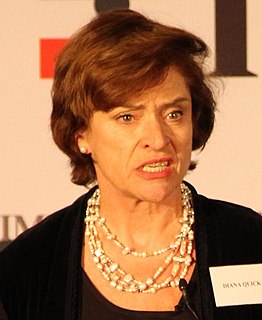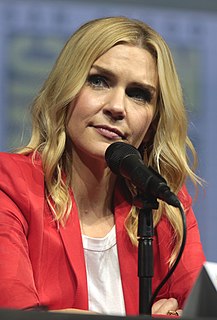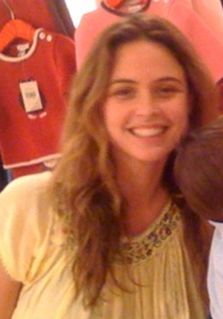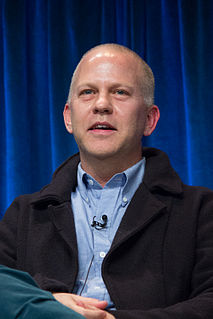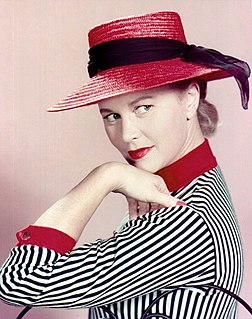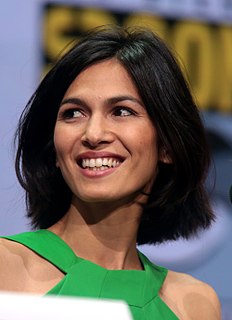A Quote by Diana Quick
I'd love to play a femme fatale in a film noir. I'm thinking of one of those roles that Lauren Bacall or Bette Davis might have played. What I wouldn't like is to suddenly find myself being cast, as many senior actresses seem to be, as the abbess in a convent.
Related Quotes
We had a moment in the '40s and '50s, where female characters were very strong in film, where these incredible roles were written for women like Joan Crawford, like Bette Davis. But then there was a space of time where - I don't know why - it wasn't like that. It became difficult for women to find certain roles after a certain age.
Elizabeth Taylor is pre-feminist woman. This is the source of her continuing greatness and relevance. She wields the sexual power that feminism cannot explain and has tried to destroy. Through stars like Taylor, we sense the world-disordering impact of legendary women like Delilah, Salome, and Helen of Troy. Feminism has tried to dismiss the femme fatale as a misogynist libel, a hoary clich?. But the femme fatale expresses women's ancient and eternal control of the sexual realm. The specter of the femme fatale stalks all men's relations with women.
My first job was on Broadway. Then I went into the Navy. When I came out of the Navy, I went back to Broadway and a friend of mine, Lauren Bacall, was in Hollywood filming with Humphrey Bogart. She told one of her producers I was great in my play, and he saw it and cast me in 'The Strange Love of Martha Ivers'.
For a long time, way back in the ’30s and ’40s, there were fabulous female roles. Bette Davis and all those people had incredible, great roles. After World War II, something happened where it was not only "get out of the factories," but "get out of the movies." That's when women's roles started to really [change].
